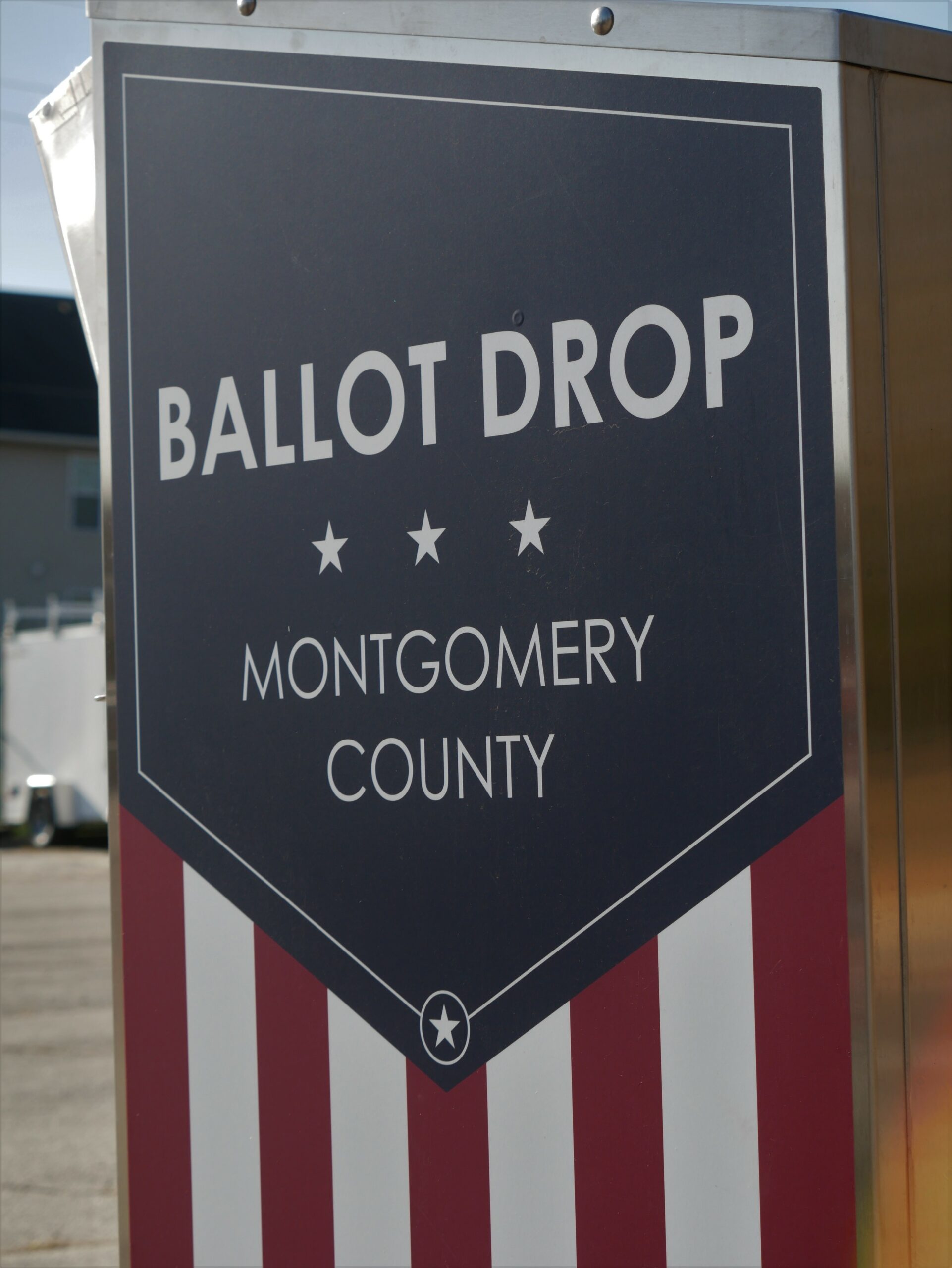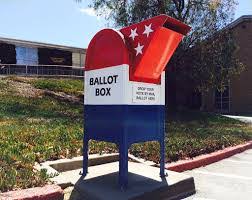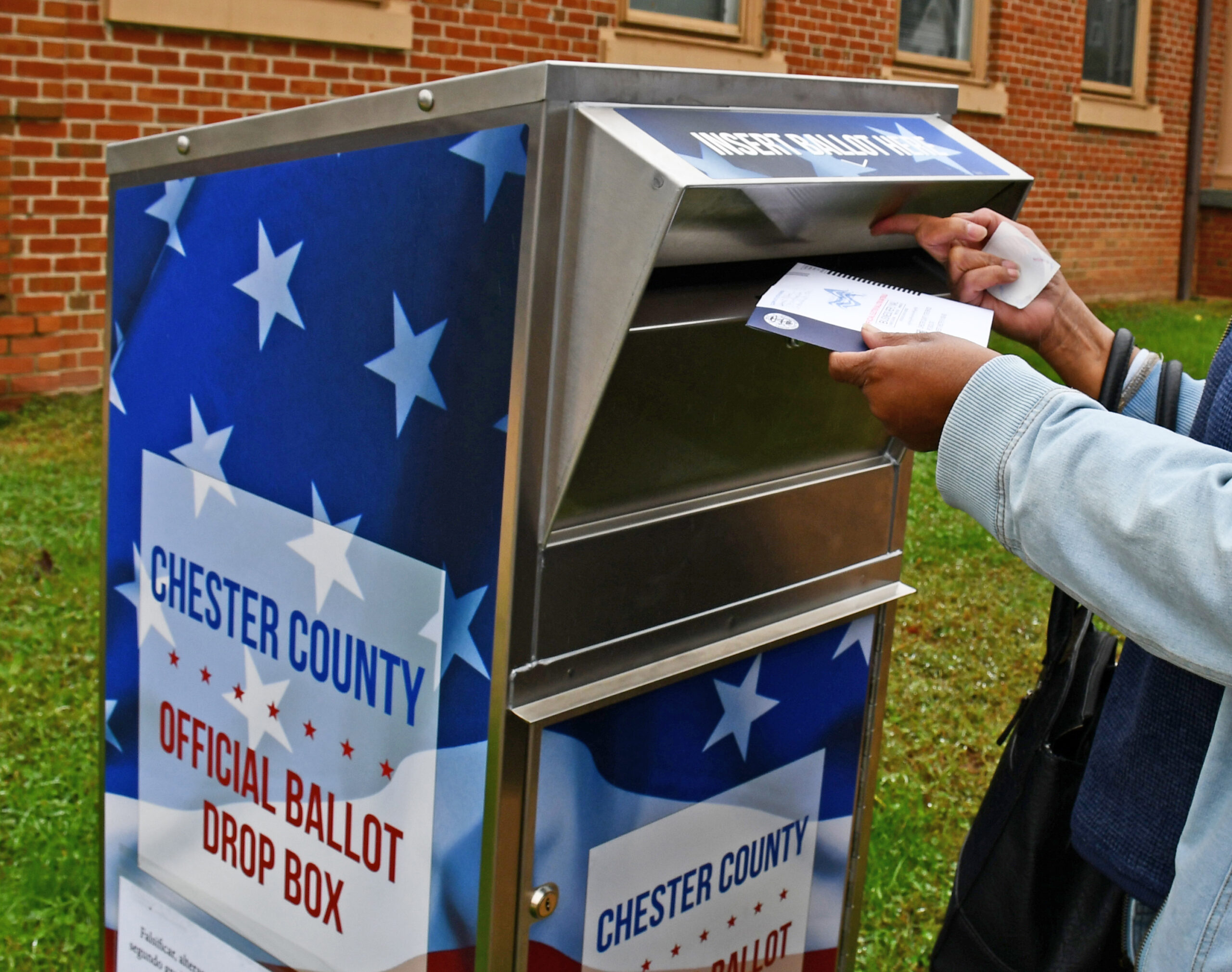The Pennsylvania Supreme Court landed yet another blow against Democrat U.S. Sen. Bob Casey’s hope of overturning his defeat at the hands of his Republican challenger. The court ruled 4-3 in favor of Dave McCormick’s request to reject undated mail ballots. “[M]ail-in and absentee ballots that fail to comply with the requires of the Pennsylvania […]
Tag: ballots
Posted inPolitics









